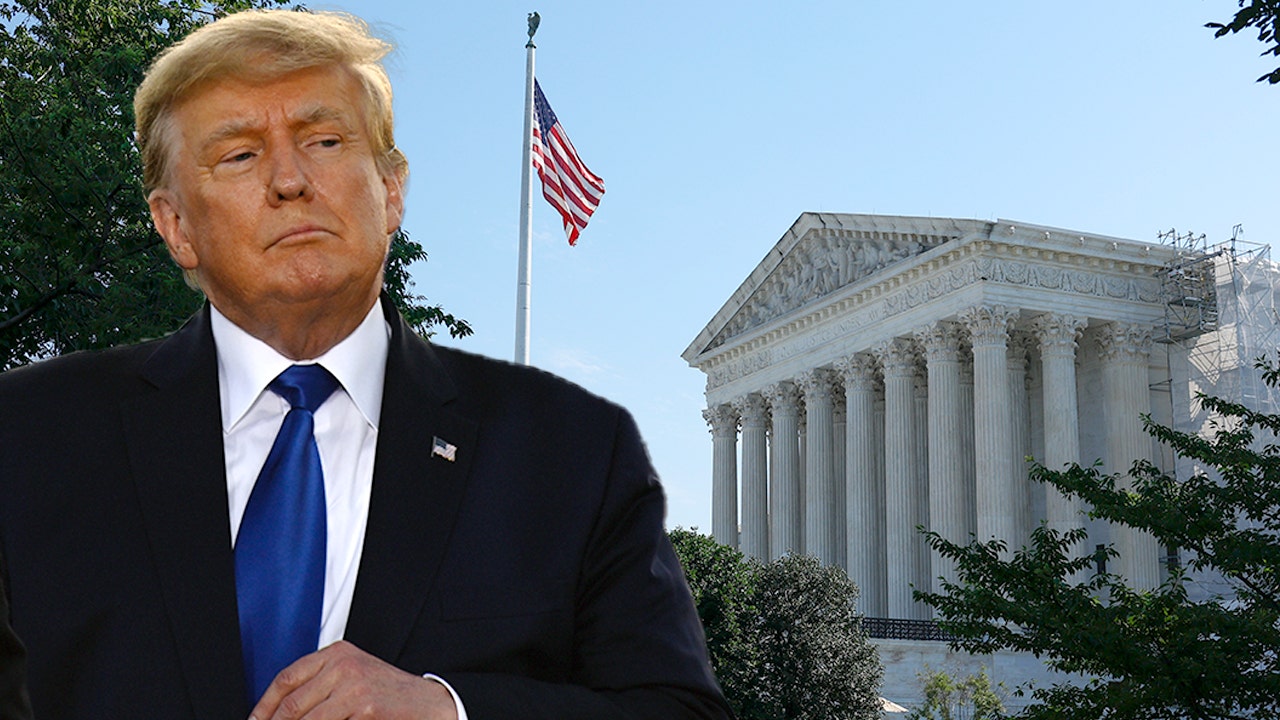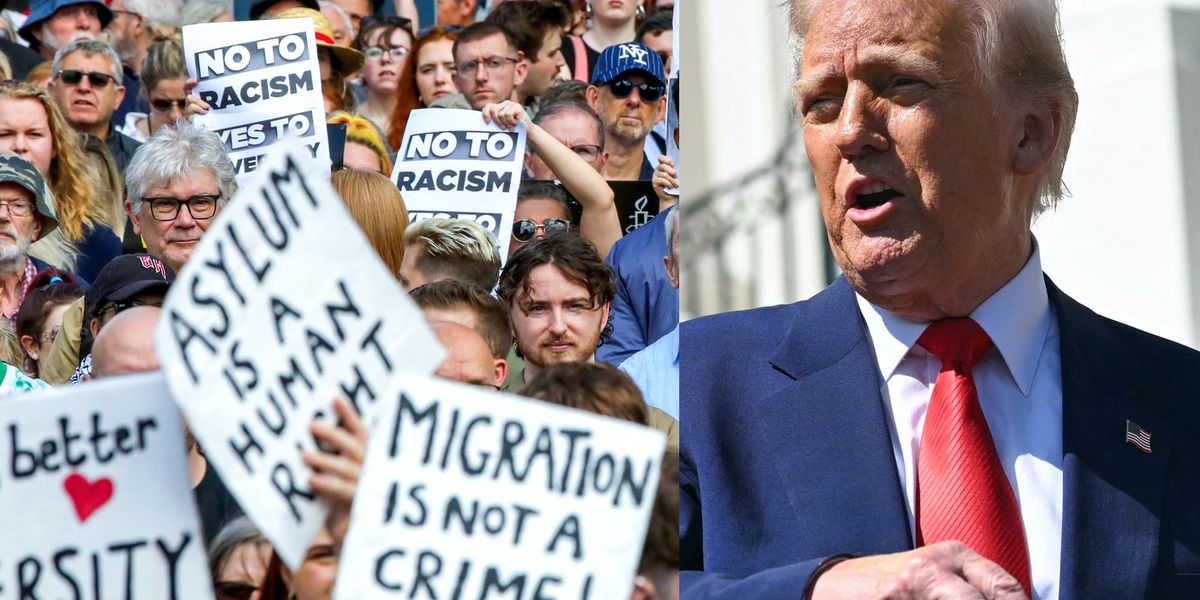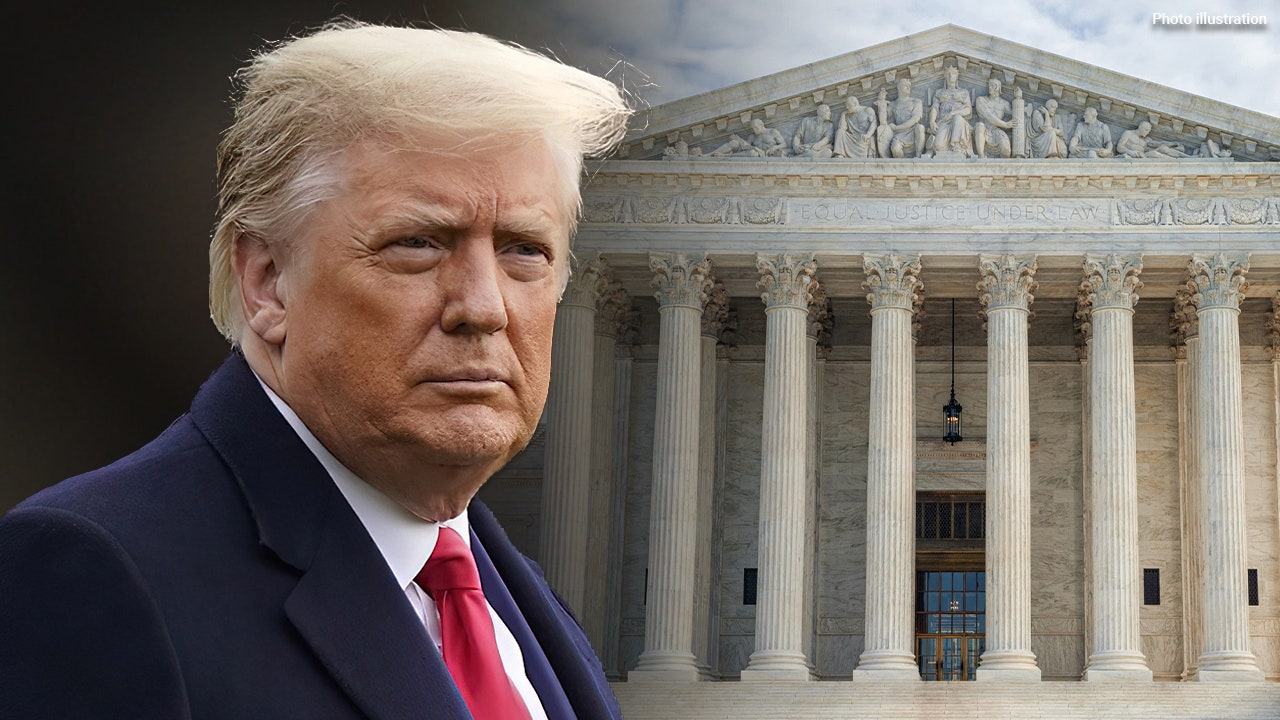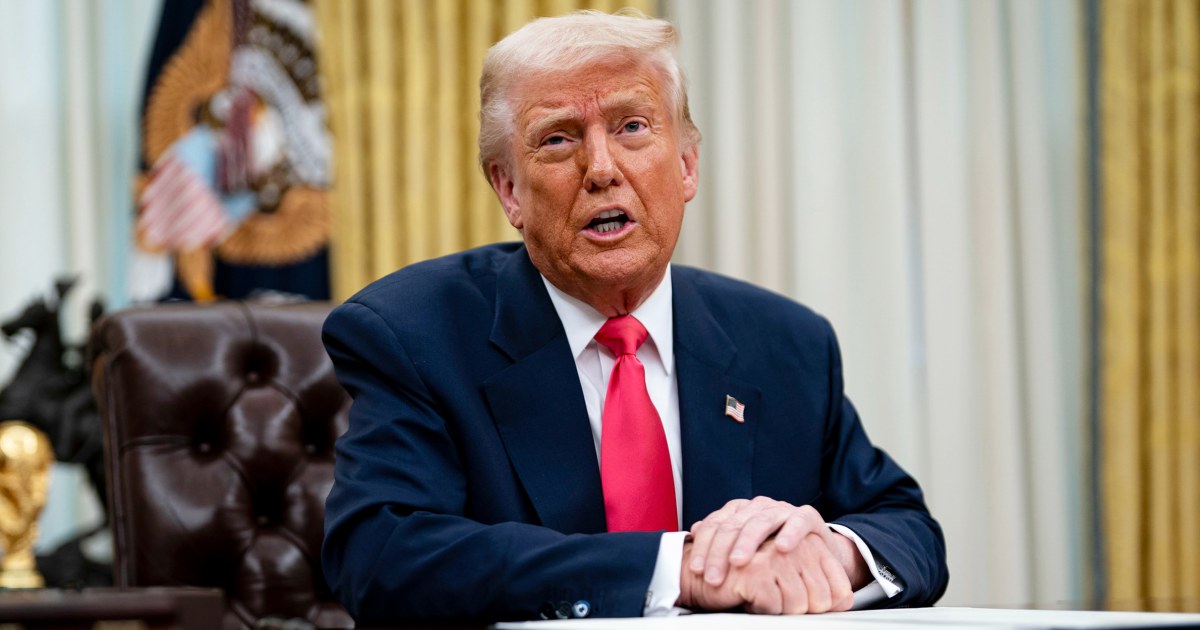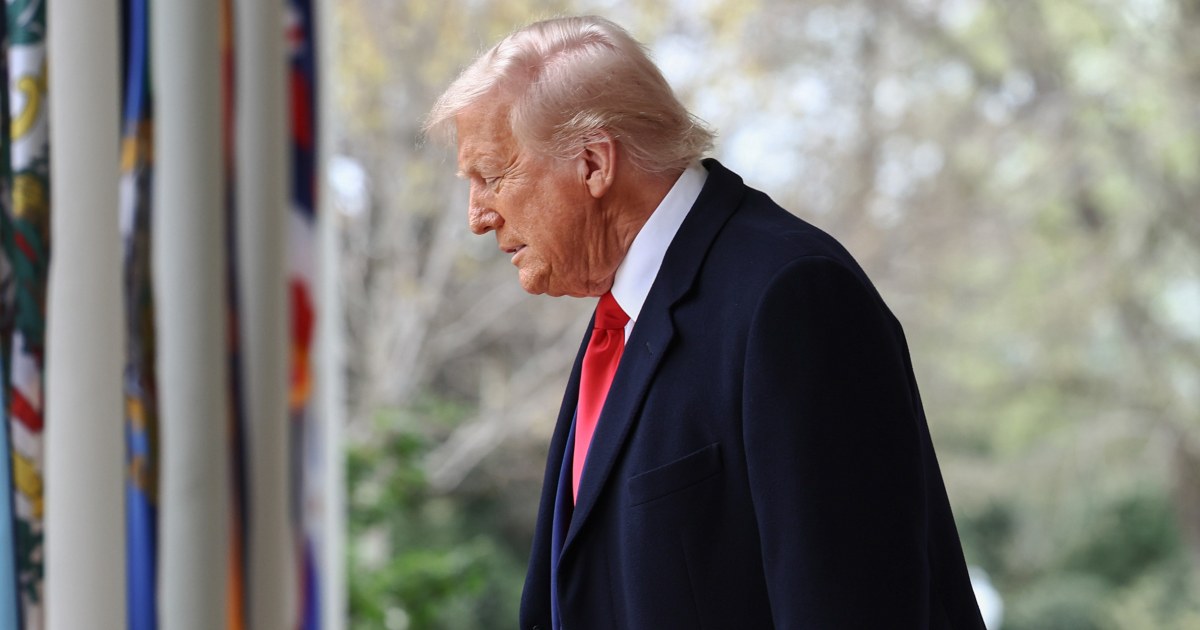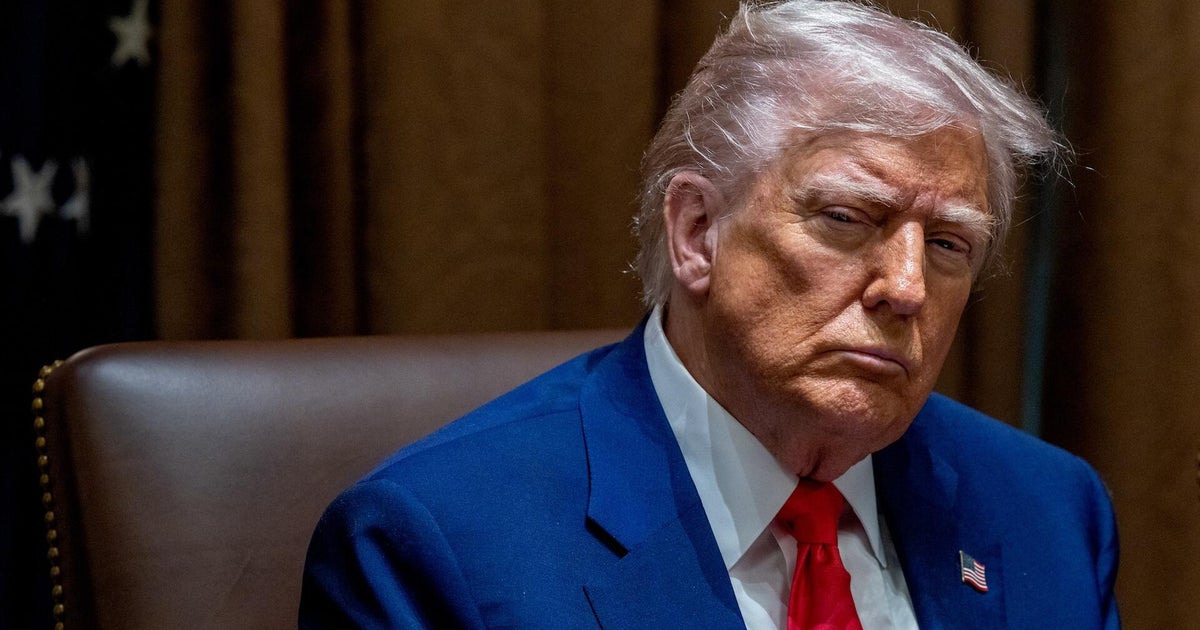Supreme Court to Hear Trump's Birthright Citizenship Case in May Amid Ongoing Legal Challenges
The Supreme Court will hear arguments on Trump's executive order to limit birthright citizenship on May 15, maintaining the status quo as lower courts block the order.
Subscribe to unlock this story
We really don't like cutting you off, but you've reached your monthly limit. At just $5/month, subscriptions are how we keep this project going. Start your free 7-day trial today!
Get StartedHave an account? Sign in
Overview
The U.S. Supreme Court has agreed to hear oral arguments on May 15 regarding President Trump's executive order to limit automatic birthright citizenship. This order, currently blocked by lower court rulings, claims that not all children born in the U.S. should receive citizenship if their parents are undocumented. Legal experts argue that the 14th Amendment guarantees citizenship by birth, while the Trump administration seeks to redefine 'jurisdiction' under the amendment. New lawsuits challenge the executive order, which has faced significant opposition, as several states and advocacy groups assert the longstanding constitutional right to citizenship cannot be revoked.
Report issue

Read both sides in 5 minutes each day
Analysis
- The Supreme Court agreed to hear arguments regarding President Trump's attempts to end birthright citizenship, previously halted by several district courts.
- The administration argues the 14th Amendment's clause on citizenship has been misinterpreted and should not apply to children born to non-residents or temporary visa holders.
- Legal challenges against the executive order have been consistent, with judges across multiple states blocking its implementation, reinforcing the argument that birthright citizenship is a constitutional right.
Articles (18)
Center (7)
FAQ
President Trump's executive order argues that not all children born in the U.S. should receive citizenship if their parents are undocumented or in the U.S. temporarily, interpreting the phrase 'subject to the jurisdiction thereof' in the 14th Amendment more narrowly to exclude these children from automatic citizenship.
The Supreme Court has scheduled oral arguments for May 15, 2025, to consider the challenges to President Trump's executive order limiting birthright citizenship.
More than 22 states and various immigrant rights organizations have filed lawsuits against the executive order, asserting that it violates the 14th Amendment and the longstanding constitutional guarantee of birthright citizenship, describing it as unprecedented and unconstitutional.
Legal experts warn that upholding the order could have far-reaching consequences, potentially allowing future presidents to attempt overriding constitutional rights by executive order, which could unsettle clear constitutional provisions such as the right to birthright citizenship and possibly other rights like those under the Second Amendment.
Over 200 House Democrats filed an amicus brief opposing the executive order, affirming that it violates the Fourteenth Amendment and reaffirming their commitment to protecting birthright citizenship as a constitutional right that cannot be revoked by executive order.
History
- 7M

 4 articles
4 articles
- 7M

 4 articles
4 articles




